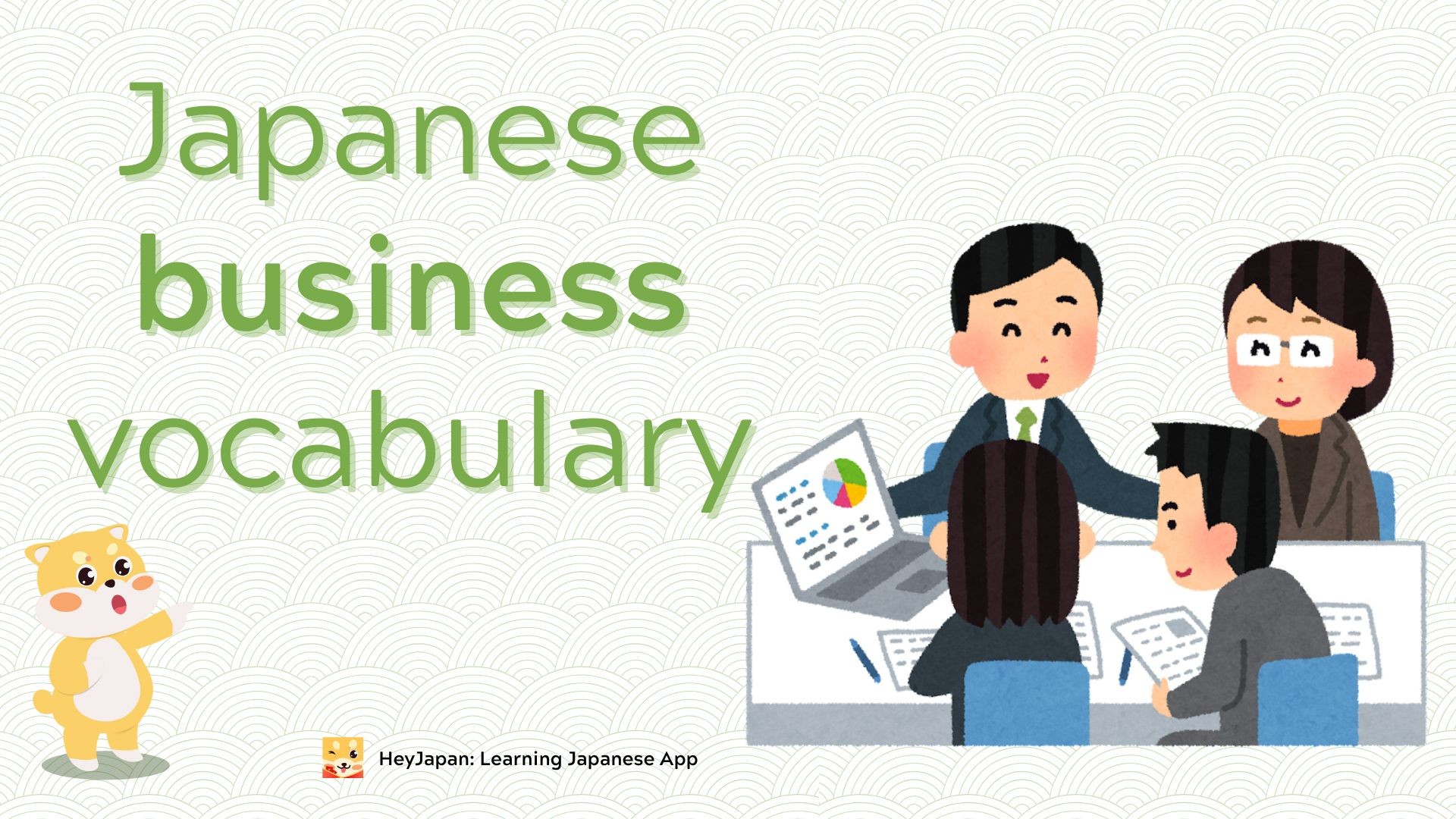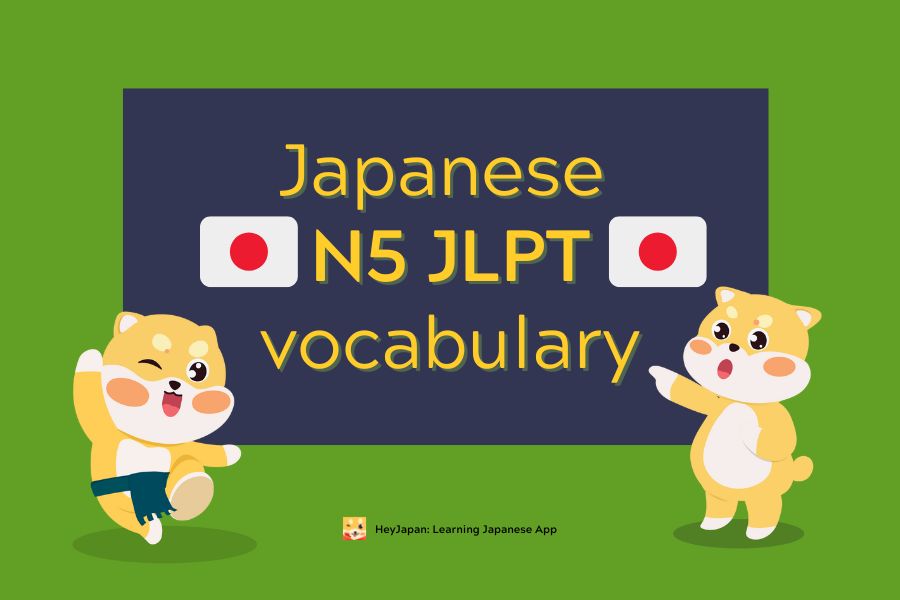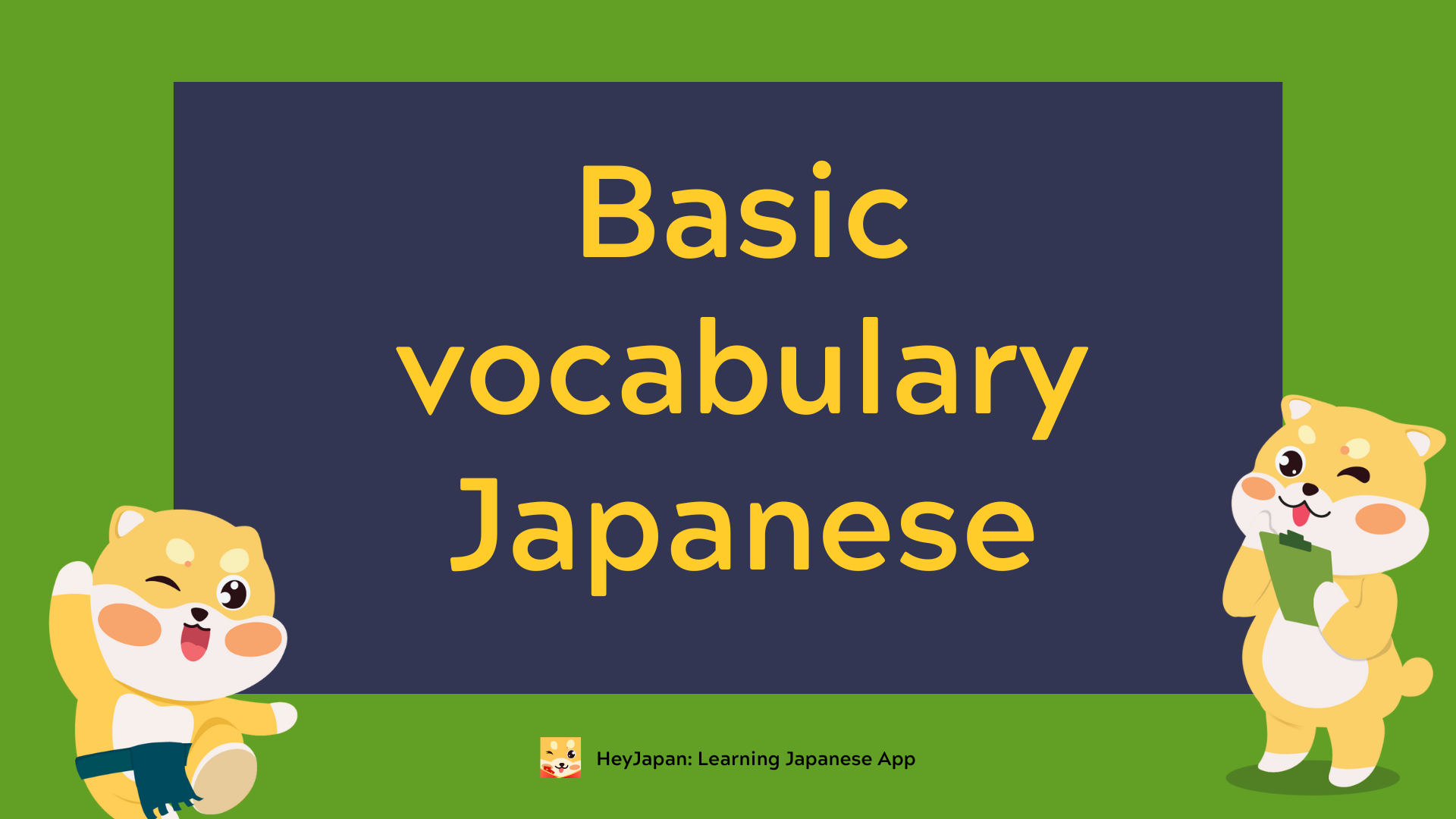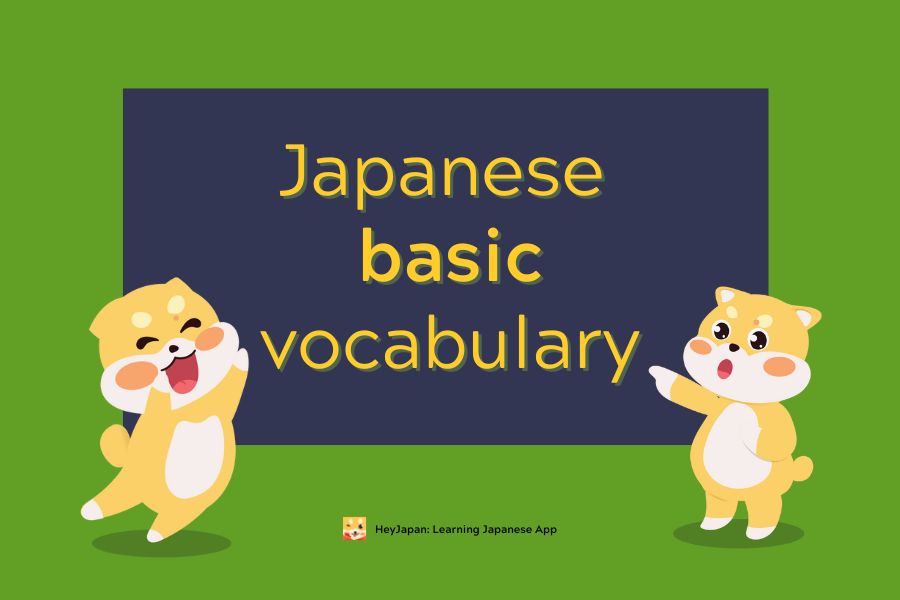- Key Categories of Business Japanese Vocabulary
- Networking - Words and Phrases to use
- Vocabulary for Presentations
- Phrases for Expressing Opinions
- Meetings and Negotiations - Essential Vocabulary
- International Business Transactions Vocabulary
- Emails and Phone Calls - Common Business Phrases
- Common Mistakes to Avoid in Business Japanese
When working with Japanese clients, colleagues, or partners, having a good grasp of business Japanese vocabulary can make all the difference in building strong professional relationships.
Whether you are attending meetings, negotiating deals, or interacting with customers, knowing the right terms and phrases can help you communicate effectively and with respect. This guide provides essential vocabulary for navigating the Japanese business world.
Key Categories of Business Japanese Vocabulary

General Business Terms
- 会議 (Kaigi) – Meeting
- 取引 (Torihiki) – Transaction
- 経営 (Keiei) – Management
- 契約 (Keiyaku) – Contract
- 事務 (Jimu) – Administration
- 部門 (Bumon) – Department
- 課題 (Kadai) – Issue/Challenge
Workplace Vocabulary
- 社員 (Shain) – Employee
- 上司 (Joushi) – Boss/Supervisor
- 部長 (Buchou) – Department Head
- 同僚 (Douryou) – Colleague
- 会計 (Kaikei) – Accounting
- 人事 (Jinji) – Human Resources
- 部署 (Busho) – Division/Department
Communication Vocabulary
- お世話になります (Osewa ni narimasu) – Thank you for your support (used when communicating with someone who has helped you)
- 失礼いたします (Shitsurei itashimasu) – Excuse me (used when entering or leaving a meeting)
- ご確認のほどお願い申し上げます (Go kakunin no hodo onegai moushiagemasu) – I would appreciate your confirmation
- 恐れ入りますが (Osore irimasu ga) – I’m sorry to trouble you, but...
- ありがとうございます (Arigatou gozaimasu) – Thank you (formal)
>>>>>>Learn more about Japanese phrase to nail your job - Interview vocabulary
Networking - Words and Phrases to use

-
初めまして (Hajimemashite) – Nice to meet you.
- お世話になります (Osewa ni narimasu) – Thank you for your support (commonly used when starting a new business relationship).
- どうぞよろしくお願いします (Douzo yoroshiku onegaishimasu) – I look forward to working with you. (A common phrase after introducing yourself).
- こちらこそよろしくお願いします (Kochira koso yoroshiku onegaishimasu) – It's my pleasure to work with you.
- 名刺を交換しましょうか (Meishi wo koukan shimashou ka) – Shall we exchange business cards?
- お疲れ様です (Otsukaresama desu) – Thank you for your hard work (commonly used when meeting or leaving a colleague).
- 今後ともよろしくお願いいたします (Kongo tomo yoroshiku onegaishimasu) – I look forward to continuing our relationship.
- ビジネスの機会を楽しみにしています (Bijinesu no kikai wo tanoshimi ni shiteimasu) – I look forward to business opportunities with you.
- こちらでお世話になっています (Kochira de osewa ni natteimasu) – I am in your care here (used when thanking someone for assistance).
- ご一緒にお仕事できて光栄です (Go issho ni oshigoto dekite kouei desu) – It’s an honor to work with you.
- お話できてうれしいです (Ohanashi dekite ureshii desu) – I’m happy to be able to talk with you.
- 連絡を取り合いましょう (Renraku wo toriaimashou) – Let’s stay in touch.
- またお会いできるのを楽しみにしています (Mata oai dekiru no wo tanoshimi ni shiteimasu) – I look forward to seeing you again.
Vocabulary for Presentations

In business, presenting ideas, reports, or products is an essential skill. Here are some terms used in Japanese business presentations:
- 発表 (Happyou) – Presentation
- 資料 (Shiryou) – Materials/Handouts
- 内容 (Naiyou) – Content
- 目的 (Mokuteki) – Purpose/Objective
- 提案 (Teian) – Proposal
- 結果 (Kekka) – Result
- 説明 (Setsumei) – Explanation
- 質問 (Shitsumon) – Question
- 確認 (Kakunin) – Confirmation
- 進捗 (Shinchoku) – Progress
- 課題 (Kadai) – Challenge
- 結論 (Ketsuron) – Conclusion
- 同意 (Doui) – Agreement
When presenting in Japan, it's important to be clear and structured. These words will help you convey your message effectively while showing respect and professionalism.
Phrases for Expressing Opinions

When discussing ideas, giving feedback, or expressing your thoughts in a business meeting, it's essential to know how to properly phrase your opinions. Here are some common phrases:
- 私は思います (Watashi wa omoimasu) – I think...
- 私は考えています (Watashi wa kangaeteimasu) – I believe...
- ~について考えを共有したいです (~ni tsuite kangae wo kyoyu shitai desu) – I’d like to share my thoughts on...
- 私の意見では (Watashi no iken dewa) – In my opinion...
- ~が必要だと思います (~ga hitsuyou da to omoimasu) – I think that... is necessary
- それに対して反対です (Sore ni taishite hantai desu) – I am against that.
- 賛成です (Sansei desu) – I agree
- 同意します (Doui shimasu) – I agree
- 異論はありません (Iron wa arimasen) – I have no objections
- もっと詳しく説明できますか (Motto kuwashiku setsumei dekimasu ka) – Can you explain that in more detail?
Meetings and Negotiations - Essential Vocabulary

Business Meetings
- 議題 (Gidai) – Agenda
- 提案 (Teian) – Proposal
- 合意 (Goui) – Agreement
- 確認 (Kakunin) – Confirmation
- 討議 (Tougi) – Discussion
- 決定 (Kettei) – Decision
Business Negotiations
- 条件 (Jouken) – Terms (of a deal)
- 契約 (Keiyaku) – Contract
- 交渉 (Koushou) – Negotiation
- 提案書 (Teiansho) – Proposal document
- 納期 (Nouki) – Delivery date
- 支払い (Shiharai) – Payment
International Business Transactions Vocabulary
-
輸出 (Yushutsu) – Export
- 輸入 (Yunyu) – Import
- 資金調達 (Shikin Choutatsu) – Fundraising
- 経済 (Keizai) – Economy
- 取引先 (Torihikisaki) – Business partner
- 市場 (Ichiba) – Market.
Emails and Phone Calls - Common Business Phrases

Email Writing Vocabulary
- お世話になっております (Osewa ni natte orimasu) – Thank you for your continued support.
- ご確認お願い申し上げます (Go kakunin onegai moushiagemasu) – I would appreciate your confirmation.
- お手数をおかけいたしますが (Otesuu wo okakeitashimasu ga) – Apologies for the inconvenience.
Business Phone Calls
- お電話ありがとうございます (Odenwa arigatou gozaimasu) – Thank you for your call.
- 少々お待ちください (Shoushou omachi kudasai) – Please hold for a moment.
- 失礼いたします (Shitsurei itashimasu) – Excuse me (when ending a call).
Common Mistakes to Avoid in Business Japanese
.jpg)
When learning business Japanese, there are several common pitfalls that beginners may encounter:
- Overuse of Casual Language: Using informal language (e.g., ありがとう (Arigatou - Thank you)) in a formal setting can come across as disrespectful. Always opt for more formal expressions like ありがとうございます (Arigatou gozaimasu) in business.
- Misunderstanding Keigo (敬語): Japanese uses different levels of politeness, and not using keigo (honorific speech) in business situations can be seen as rude. Make sure to use respectful language when addressing superiors, clients, or anyone you're not familiar with.
- Not Using Correct Business Etiquette: For example, in a meeting, it's customary to bow when greeting someone. Understanding these social customs is as important as learning the language itself.









